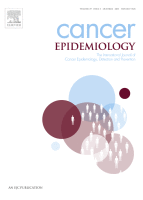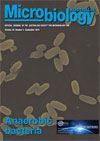 We have discovered several errata for a New York City urologist, including in one paper that previously inspired one of our favorite headlines.
We have discovered several errata for a New York City urologist, including in one paper that previously inspired one of our favorite headlines.
The latest development is pretty straightforward: Ashutosh K. Tewari has issued errata to multiple papers in two journals that note changes to some data points. But the backstory has some twists and turns, so you may need to read this one carefully.
We’ll start with the paper that might be familiar to eagle-eyed readers, on incontinence after surgery: “Effect of a Risk- Grade of Nerve-sparing Technique on Early Return of Continence After Robot-assisted Laparoscopic Radical Prostatectomy.” It was published in European Urology in 2012, and has been cited 21 times, according Thomson Scientific’s Web of Knowledge. Here’s the correction note (paywalled — tsk, tsk):
Continue reading Urologist makes what he calls “clarifications” to multiple articles



 To one reader of a paper on a nerve cancer, the researchers, based at a hospital in China, seemed to have found a very large number of cases of a rare cancer to study. That observation triggered an investigation into the paper that led to its retraction — and the concern that the authors in the paper never did the research at all.
To one reader of a paper on a nerve cancer, the researchers, based at a hospital in China, seemed to have found a very large number of cases of a rare cancer to study. That observation triggered an investigation into the paper that led to its retraction — and the concern that the authors in the paper never did the research at all.
 A paper on
A paper on 